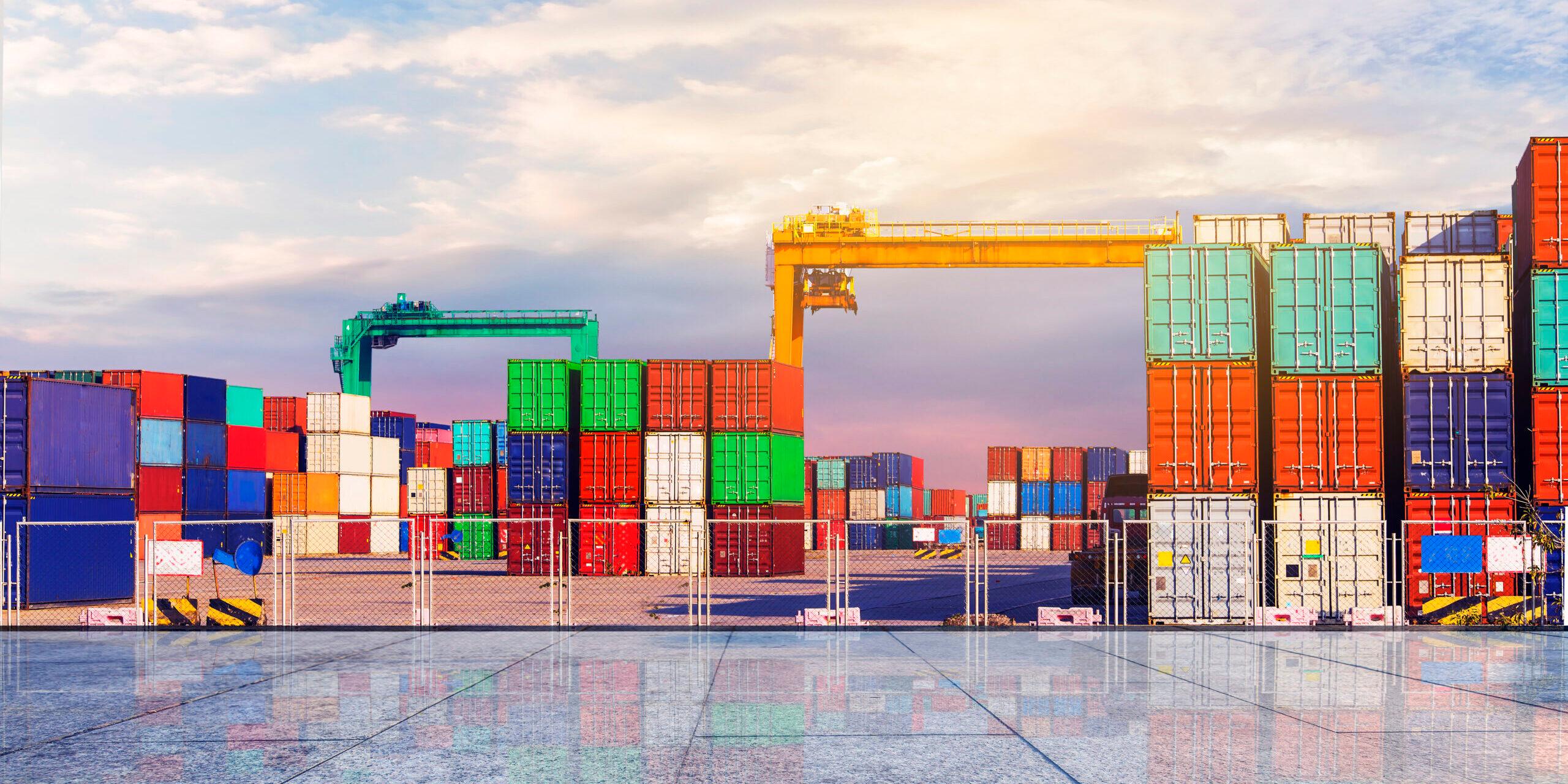Top Digital Trends Transforming Supply Chain Management in 2023
In 2023, the field of supply chain management is expected to continue undergoing significant digital transformations.
Here are some key digital trends that are likely to shape the supply chain industry in 2023:
RPA (Robotic Process Automation), IOT, AI:
The logistics and supply chain industry is undergoing a digital transformation, driven by technologies such as artificial intelligence (AI), machine learning, big data analytics, and the Internet of Things (IoT). These technologies enable improved visibility, automation, and optimization of supply chain processes, leading to increased efficiency and cost savings.
RPA involves using to automate repetitive manual tasks in the supply chain. Robots help to handle the packing and sorting of goods, reducing errors and increasing efficiency. IoT devices provide real-time data on inventory, shipments, and equipment, enabling better tracking and management. AI can analyze large amounts of data, identify patterns, and make predictions to enhance demand forecasting, inventory management, and logistics optimization.
Enhanced Supply Chain Visibility:
Real-time, granular visibility across the supply chain will remain a priority. Companies will invest in technologies such as blockchain, RFID, and advanced tracking systems to gain accurate and actionable insights into inventory, shipments, and overall supply chain performance.
Blockchain Technology:
Blockchain can provide transparency, security, and traceability in supply chain processes. It can help supplier management, product tracking, and authentication, reducing fraud and counterfeiting risks. Smart contracts on #blockchain platforms can automate and enforce contract terms, improving trust and reducing disputes between supply chain partners.
Smart contracts on blockchain platforms can automate and enforce contract terms, improving trust and reducing disputes between supply chain partners.
Cloud Computing and Software-as-a-Service (SaaS):
Cloud-based supply chain platforms and SaaS solutions offer scalability, flexibility, and accessibility. They enable real-time collaboration, data sharing, and #integration across different supply chain partners.
Advanced Analytics and Predictive Analytics:
Supply chain analytics will continue to evolve, utilizing advanced data analytics techniques and predictive models. These tools can help identify trends, optimize supply chain performance, and mitigate risks. Predictive analytics can assist in demand forecasting, inventory optimization, route optimization, and predictive maintenance, leading to better decision-making and cost savings.
These trends are reshaping the logistics and supply chain management landscape, forcing companies to adopt new strategies, technologies, and practices to stay competitive in an increasingly complex and interconnected global marketplace.
Contact us to implement these CargoWise updates for your business.
